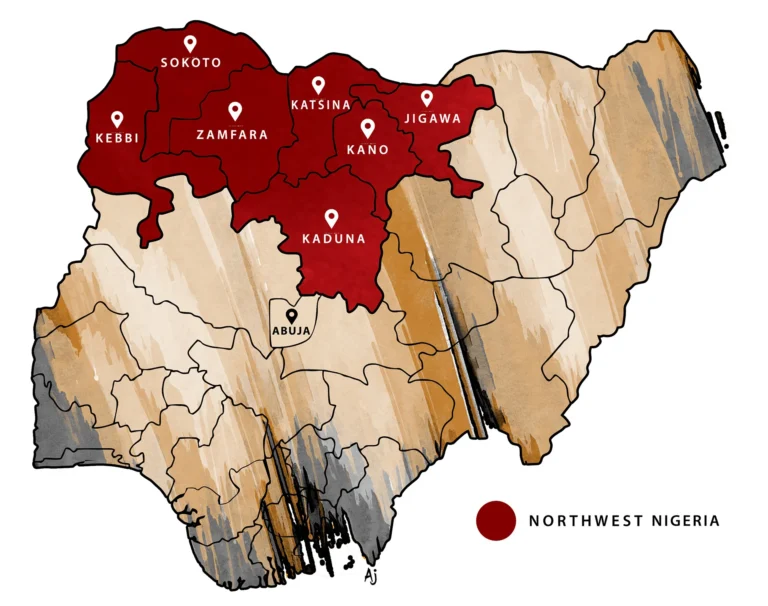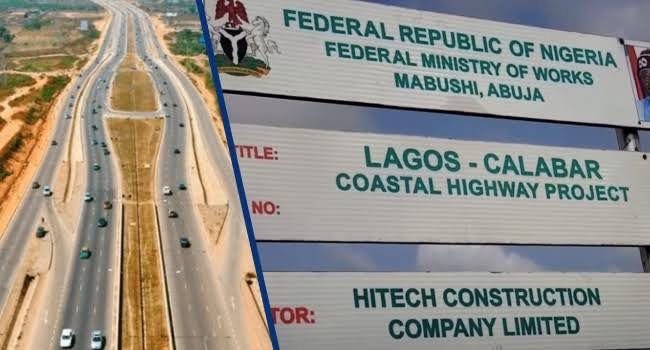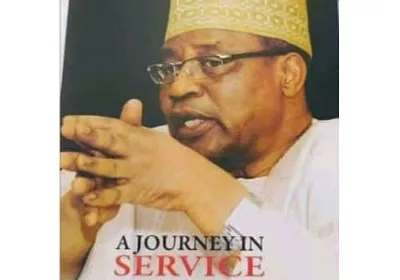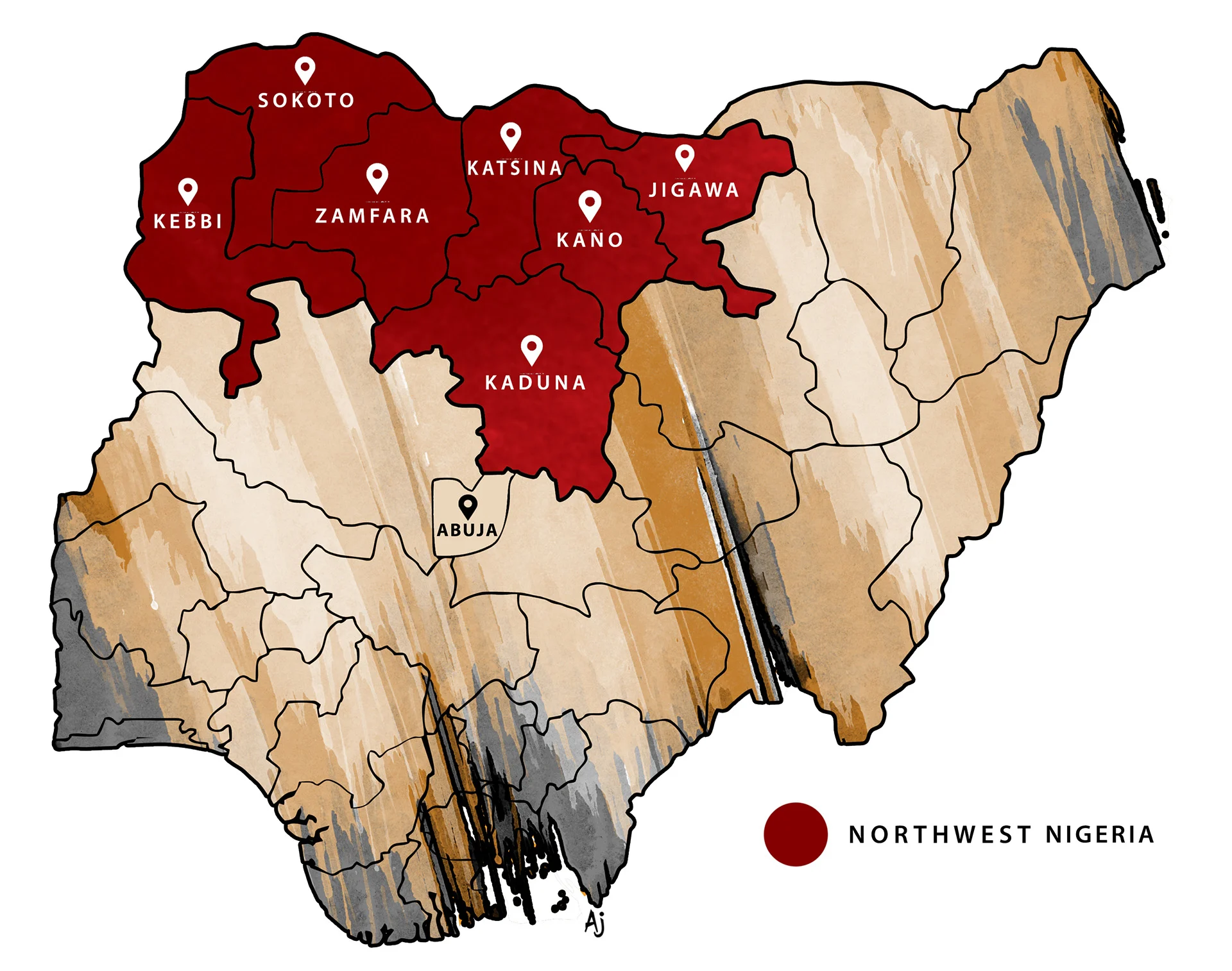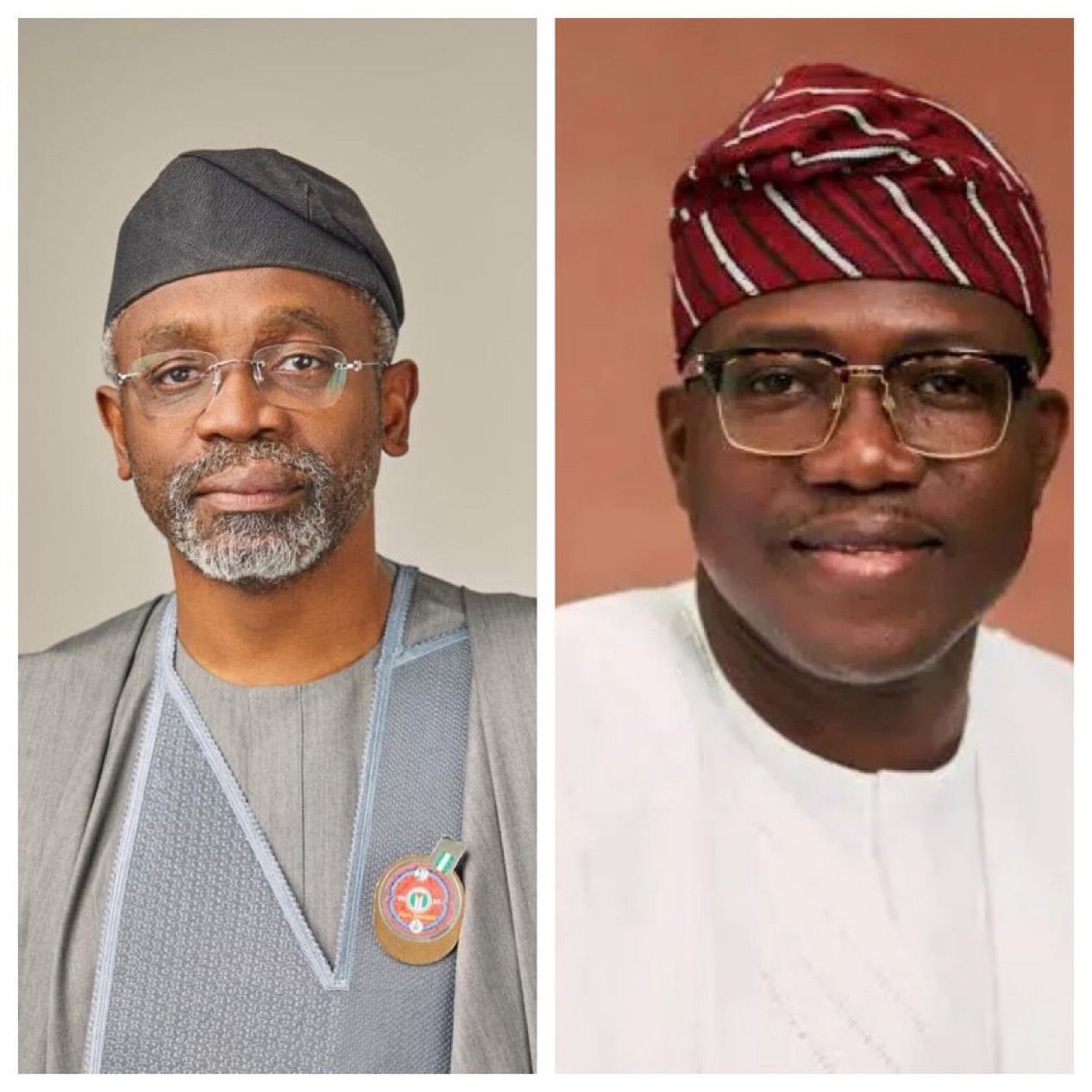In a recent social media post dated August 28, 2025, Peter Obi, the Labour Party’s 2023 presidential candidate, criticized the Tinubu administration’s decision to hike international passport fees from ₦35,000 to ₦100,000 for a 32-page booklet and ₦100,000 to ₦200,000 for a 64-page one.
Obi described the increase as “exploitative” and “burdensome,” especially since it surpasses Nigeria’s ₦70,000 minimum wage, making passports unaffordable for many citizens amid rising poverty and economic hardship.
He argued that the policy reflects a government disconnected from the realities of ordinary Nigerians, prioritizing revenue generation over accessibility and equity.
This response exemplifies Obi’s consistent pattern of dissent against Tinubu’s reforms since the president took office in May 2023, raising questions about whether such critiques are purely principled or strategically timed for the 2027 elections.
While Obi has rarely concurred outright with the administration’s actions, his commentary often acknowledges the potential need for certain reforms but faults their execution, timing, and lack of citizen-centered focus. Below, we examine key government initiatives, drawn from Obi’s public statements on social media, interviews, and speeches highlighting his positions on policies benefiting citizens, self-serving expenditures, and broader reforms.
Fiscal and Economic Policies: A Focus on Hardship-Inducing Measures
Obi’s passport fee critique ties into his broader condemnation of fiscal policies that exacerbate inequality. For instance, he has repeatedly decried the abrupt removal of fuel subsidies in May 2023 and the naira floatation, which he concedes were necessary but implemented in a “haphazard” manner without adequate safeguards like bolstering agriculture or addressing insecurity first.
These reforms, intended to curb fiscal leakages, instead fueled inflation and poverty, with Obi noting Nigeria’s GDP halving from $364 billion in 2023 to $188 billion by mid-2025.
He has also slammed the government’s borrowing spree, surpassing the combined debts of previous administrations to fund infrastructure and “saved” subsidies, yet with little tangible impact on education, health, or poverty reduction.
Obi highlighted budget padding of ₦7 trillion in 2025 as evidence of corruption, and questioned the Nigerian National Petroleum Company Limited (NNPCL)’s “financial constraints” despite ₦3 trillion in profits.
On tax reforms, Obi supports the idea as “overdue” but insists on inclusive public hearings to ensure they don’t disproportionately burden the masses, echoing his passport fee concerns about policies that alienate citizens.
Infrastructure and Spending Priorities: Misplaced Focus Amid Crises
The administration’s emphasis on projects like ₦142 billion bus terminals and frequent international travel (over 30 foreign trips by Tinubu in two years) has drawn Obi’s ire as “misplaced priorities.”
He urged redirecting funds toward disaster preparedness, rural development, and resettling internally displaced persons (IDPs), criticizing empty Nigerian booths at international events like TICAD9 as “hollow promises.” Obi advocates for domestic tours to grasp citizens’ struggles rather than “global galivanting.”
In the power sector, despite claims of increased generation, Obi mocked recurring grid collapses (eight in 2025) and tariff hikes from ₦64 to ₦225 per kWh, calling it “more darkness” for Nigerians already grappling with unaffordable essentials like passports.
Security and Governance: Failures in Protecting Citizens
Obi has portrayed Nigeria under Tinubu as a “killing field,” with over 10,000 insecurity-related deaths. He condemned attacks in states like Yobe and Niger, urging a declaration of war on insecurity and criticizing remote governance.
The declaration of a state of emergency in Rivers State was labeled “unconstitutional and reckless,” accusing the administration of undermining democracy. Obi also highlighted lawlessness in property demolitions, sharing a personal anecdote about his brother’s building being razed without due process, linking it to broader human rights abuses.
Social Welfare and Human Development: Neglect of Vulnerable Groups
Beyond passports, Obi faults the government for neglecting education and health, with 18.3 million out-of-school children and dysfunctional primary health centers. He criticized school strikes in Abuja and rising mental health crises amid poverty rates hitting 54%. These issues, he argues, stem from policies like fee hikes that prioritize revenue over welfare, further entrenching urban (41%) and rural (75%) poverty.
Rare Points of Concurrence
Amid the criticism, Obi has sparingly agreed on reform necessities. He concurs that subsidy removal and naira floatation were needed, though with better planning to mitigate suffering.
Similarly, he backs tax restructuring but demands citizen involvement. Obi praised isolated actions, like Enugu Governor Mbah’s support for veteran footballers, but such positives are seldom directed at federal initiatives under Tinubu.
Is This a Strategy for 2027?
Obi’s recent passport fee response, like his ongoing critiques, positions him as a relentless advocate for the masses, potentially building momentum for 2027.
His calls for a “new Nigeria” and coalitions suggest strategic opposition, framing himself as an alternative to what he deems an elitist APC administration. While critics view it as opportunistic, supporters see it as essential accountability in a polarized political landscape.
In essence, starting from the passport fee hike, Obi’s dissent reveals a government pursuing reforms at the expense of immediate citizen relief. Whether this opposition yields electoral gains remains to be seen, but it underscores the need for more inclusive governance in Nigeria.








